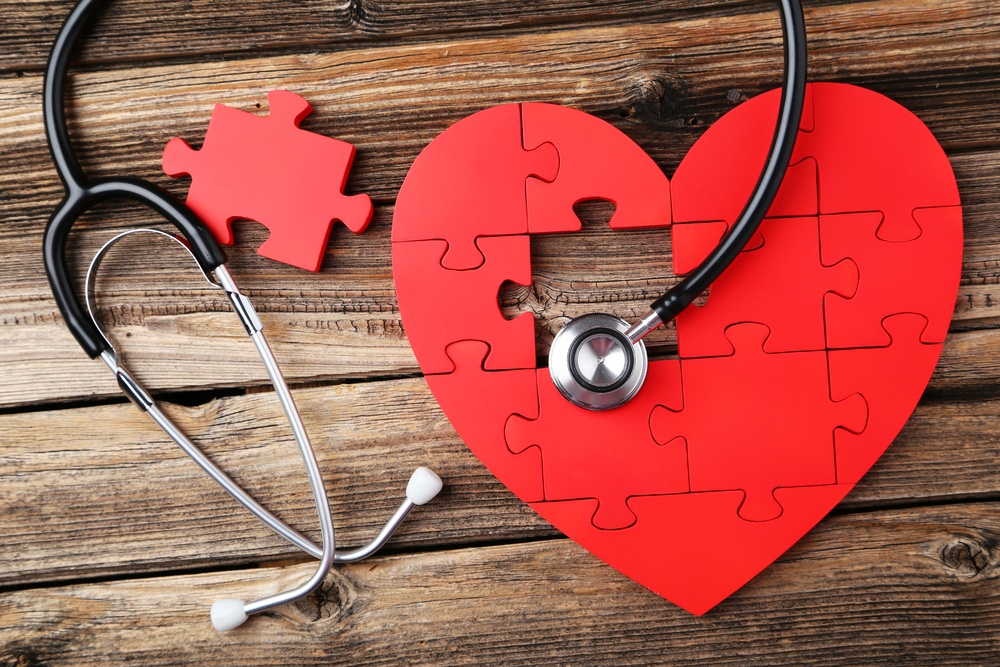On average, someone has a heart attack every 43 seconds in the United States.
Being heart healthy means knowing the facts and the signs of a heart attack so you can do what it takes to prevent one and know what to do if you or a loved one suffers from a heart attack.
6 Keys Cardiologists Want You to Know about Heart Attacks and How to Avoid Them
No. 1 Heart Attacks are Preventable
For the most part, heart attacks are not random–they do not happen without previous health problems and most come with warning signs before hitting.
Generally, heart attacks are caused by the buildup of cholesterol or fat that eventually blocks blood flow and leads to a heart attack. If you eat foods low in fat, cholesterol, and sodium, the chances of getting a heart attack will decrease.
There are exceptions for this, but it is rare. Keeping your heart in good health by getting regular exercise, eating a healthy diet, and regularly checking your blood pressure will help to prevent a heart attack.
No. 2 Not All Heart Attacks are Noticeable
We see in the movies and on TV heart attacks portrayed as severe and dangerous enough to put someone in the hospital. However, that’s not the case with all heart attacks.
What cardiologists want you to know about heart attacks is that 1 in 5 heart attacks are silent. Meaning, there are no noticeable symptoms or signs you even have a heart attack, but the heart can still suffer damage.
Getting regular check-ups can help in keeping tabs on your heart health and if there are any unseen issues or damage, your doctor can help make recommendations to improve the health of your heart.
No. 3 Know the Warning Signs
Sometimes the signs of a heart attack are subtle or passed off as something insignificant. But Kknowing the signs can save your life.
Some of the typical signs are:
Other signs you’re having a heart attack include fatigue, stomach pain.
If you have any of these symptoms, or know see someone having these symptoms, call 911. About 47% of cardiac deaths happen outside of the hospital.
No. 4 Heart Disease Affects Women, Too
The general thought is that it’s mostly men who are affected by heart disease and heart attacks. However, women are just as at risk than men.
In fact, fewer women survive their first heart attack than men. Also, about 90% of women have at least one risk factor for heart disease.
Both men and women need to be conscious about their heart health, especially if they are overweight or smoke. It’s just as important for women to be exercising, eating right, and checking their blood pressure.
No. 5 Don’t Underestimate the Value of Exercise
Exercise is always a topic of conversation when the topic of health is on the table, and for good reason. Regular exercise, along with a healthy diet, is the best way to stay healthy and keep your heart as healthy as possible.
Getting at least 30 minutes of exercise each day can raise your HDL levels (good cholesterol) and lower your LDL levels (bad cholesterol). This decreases the chance for heart disease and heart attacks.
Exercise also regulates your blood pressure and keeps your heart strong. If you want to keep your heart healthy, you must exercise.
No. 6 Medications and Supplements Can Provide Support for Your Heart
If you’ve seen your doctor already for existing medical conditions, you may have been prescribed some type of medication to relieve symptoms.
It may seem obvious, but you should take the medication as prescribed and until the doctor tells you-you no longer need it. It’s a tendency to stop taking medications simply because we feel better or think we no longer need it. Taking medication can help you become healthier and overcome ailments.
Additionally, supplements like L-Arginine Plus can naturally support your heart with support for your blood pressure and healthy cholesterol.
Learn more about the benefits that comes with taking L-arginine Plus.
Resources
https://www.cdc.gov/heartdisease/heart_attack.htm
http://www.thehealthsite.com/diseases-conditions/things-your-cardiologist-wants-you-to-know-b0616/

